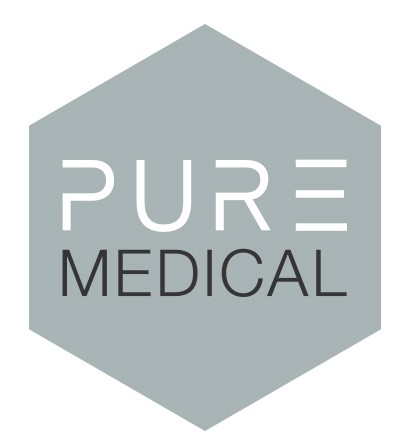PANCREATIC
LIQUID BIOPSY TEST
Early Screening of Pancreatic Cancer
Pancreatic cancer is a global health concern, and it ranks as one of the deadliest forms of cancer worldwide. Pancreatic cancer is relatively rare compared to some other types of cancer, but its incidence has been gradually increasing.
Pancreatic cancer is known for its high mortality rate. It is often diagnosed at an advanced stage, which limits treatment options and contributes to poor survival rates. In 2020, it was estimated that there were over 466,000 deaths due to pancreatic cancer globally.
Who is Most At-Risk to Develop Pancreatic Cancer:
- People with Diabetes, especially those with late onset diabetes (Type 2)
- People with family members who have had pancreatic or other cancers
- People who have or have had pancreatitis
- People who have certain genetic mutations
- People with exposure to certain chemicals or toxins
- Older adults who are overweight, smoke, drink excessive amounts of alcohol, or have poor diets.
Early Detection and Screening
Pancreatic cancer is challenging to detect early because it often presents with vague symptoms or no symptoms until it reaches an advanced stage.
Currently, there are no widely recommended screening tests for pancreatic cancer in the general population. Screening is typically reserved for individuals at high risk due to family history or genetic predisposition.

Pancreatic Cancer Test
The early Pancreatic Cancer Test is now available for the first time to at-risk individuals.
This non-invasive test is able to catch faint tumor DNA signals in the blood, even at extremely low concentrations.
Patented dna methylation technology can detect cancer up to 4 years before any symptoms appear. When pancreatic cancer is discovered early survival rates jump by over 15 times.
